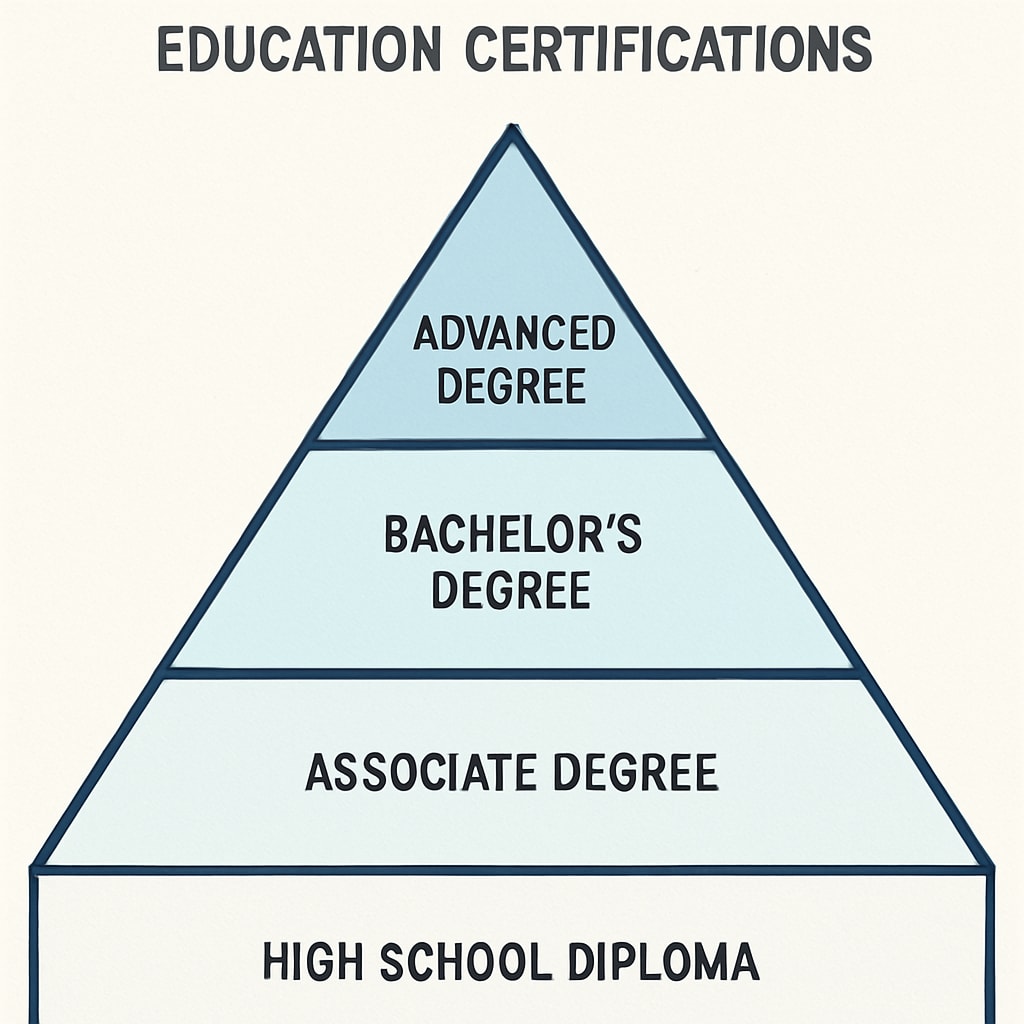In a striking example that challenges our understanding of education requirements, employment discrimination, and certification systems, Arizona’s government policies have sparked widespread debate. Recently, a job applicant with three college degrees was denied a government position solely because they lacked a high school diploma. This seemingly paradoxical situation sheds light on deeper flaws within the current employment and educational certification frameworks. It also raises significant questions regarding the relevance of certain credentials and the systemic disconnect between educational achievements and workforce requirements.
The Paradox of Degree and Certification Requirements
How can an individual with advanced degrees be deemed unqualified for lacking a high school diploma? This contradiction is not just an administrative oversight; it is emblematic of systemic rigidity within education and employment policies. High school diplomas, while foundational, are often considered stepping stones to higher education. In theory, acquiring a college degree should supersede the need for a high school credential.
However, in Arizona’s case, governmental hiring policies appear to prioritize rigid adherence to specific certifications over the broader scope of an applicant’s qualifications. This creates a paradoxical situation where an individual’s advanced knowledge, skills, and certifications are undervalued, while a basic credential becomes a non-negotiable requirement.

Implications for Employment Discrimination and Fairness
This case raises critical concerns about employment discrimination. By enforcing outdated and overly rigid educational requirements, institutions risk alienating highly qualified individuals. Such policies may inadvertently penalize nontraditional learners, international graduates, or those who pursued alternative educational pathways.
For example, consider the growing number of professionals who obtain General Educational Development (GED) certificates or equivalent qualifications. While these certifications fulfill the role of a high school diploma, they are not always acknowledged equally by employers. Similarly, individuals who have pursued higher education abroad may find their degrees undervalued due to unfamiliarity with international certification systems.
As a result, the current framework perpetuates systemic inequities. It fails to recognize the diverse ways in which individuals acquire knowledge and skills, leading to potential employment discrimination against otherwise qualified candidates.
Reevaluating the Value of K-12 Education vs. Higher Education
The Arizona case also prompts a reevaluation of the perceived value of K-12 education within the broader educational hierarchy. High school diplomas are intended to signify a basic level of academic achievement and readiness for entry-level positions. But should they remain a mandatory requirement when candidates demonstrate advanced competencies through higher education?
The overemphasis on K-12 certification in professional contexts may inadvertently devalue the purpose of higher education. If advanced degrees cannot substitute for a high school diploma, it calls into question the functional relevance of higher education in preparing individuals for the workforce.

Toward a More Inclusive Certification System
To address these systemic issues, policymakers must consider adopting more flexible and inclusive approaches to educational certification. For instance, employment criteria should focus on the skills and competencies required for a given role rather than rigidly adhering to specific credentials. This would involve:
- Recognizing equivalent or higher-level certifications over foundational ones.
- Creating pathways for nontraditional learners and international graduates to validate their skills.
- Reevaluating job descriptions to align with the actual demands of the roles.
Additionally, education systems should work to ensure that credentials reflect both theoretical knowledge and practical skillsets. This would help bridge the gap between academic achievements and workforce expectations, making certifications more relevant and adaptable in a rapidly changing job market.
Conclusion: Bridging the Divide Between Education and Employment
The recent controversy in Arizona underscores the urgent need to reassess the alignment between education requirements, employment discrimination, and certification systems. By prioritizing flexibility and inclusivity, policymakers can create a fairer and more effective employment framework. This would not only benefit individual job seekers but also enhance the overall productivity and diversity of the workforce.
Ultimately, the question is not whether high school diplomas or college degrees are more valuable. Rather, it is about ensuring that educational achievements are evaluated in a manner that reflects their true relevance and contribution to professional success. By addressing these systemic issues, we can build a future where education and employment work hand in hand to empower individuals and society alike.
Readability guidance: This article emphasizes clear structure, short paragraphs, and active voice. Lists are used to summarize key points. Transitions like “however,” “in addition,” and “as a result” ensure smooth flow. Images are positioned to enhance understanding.


